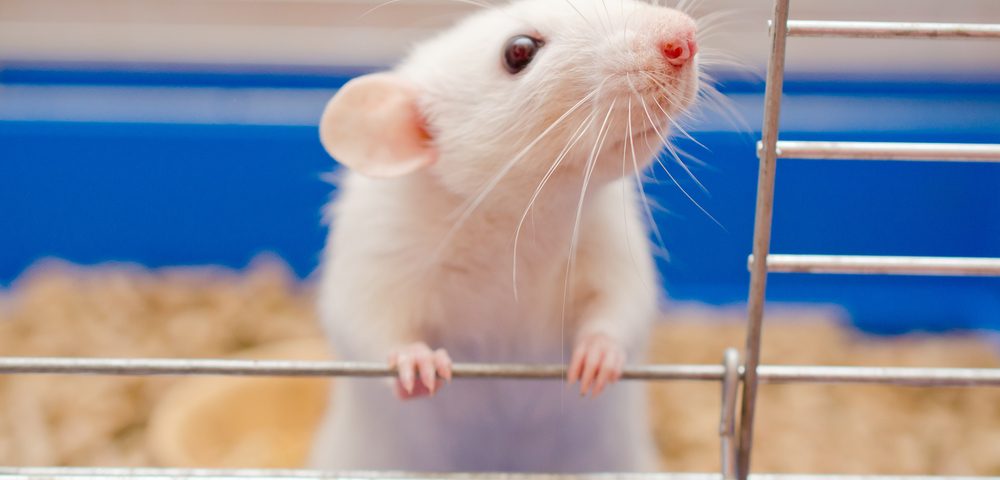The antibody-based synthetic therapy STRO-001 killed cancerous B-cells in the blood of mice with multiple myeloma, and the animals remained tumor-free the entire four-month test period, according to a study.
A combination of STRO-001 and standard chemotherapy killed tumor cells in mice with large B-cell lymphoma tumors, researchers added.
The treatment’s developer, Sutro Biopharma, presented the findings at the American Association for Cancer Research 2017 Annual Meeting in Washington. The title of the poster session was “Characterization and preclinical development of STRO-001, a novel CD74-targeting antibody-drug conjugate (ADC) for the treatment of B-cell malignancies.”
STRO-001 is an antibody drug conjugate, a complex substance composed of an antibody linked to an anticancer drug. The antibody is specific to a cancer cell protein, so it can be used to deliver the drug specifically to cancer cells.
B-cells, white blood cells that normally produce antibodies to fight infection, can become cancerous in multiple myeloma and some lymphoma cases. STRO-001 is made with an antibody that binds to CD74, a protein that is present in high levels in cancerous B-cells, but not in normal B-cells.
The poster presentation at the conference noted that STRO-001 can fight myeloma and B-cell lymphoma tumors with little damage to adjacent healthy cells.
STRO-001 eliminated malignant plasma B-cells in mice, Sutro researchers found. And the mice remained tumor-free though the four-month study. Conversely, mice treated with a placebo died within 35 days.
A combination of STRO-001 and rituximab-containing chemotherapy displayed potent anti-tumor activity in a mouse model of diffuse large B-cell lymphoma (DLBCL), researchers added.
STRO-001 also reduced tumor growth in mice with another B-cell lymphoma, mantle cell lymphoma.
“These findings add to previous evidence of STRO-001’s potent in vitro cytotoxicity in multiple malignant B-cell lines,” Bill Newell, Sutro’s CEO, said in a press release. “We first presented research showing efficient cell killing and potent anti-tumor activity in mouse tumor models of non-Hodgkin lymphoma and multiple myeloma at the December 2016 American Society of Hematology annual meeting.”
Sutro has begun testing STRO-001 in monkeys. Evidence indicates that it targets B-cells in these animals as well.
The company plans to submit an Investigational New Drug (IND) application to the U.S. Food and Drug Administration this year. It hopes that leads to it being able to start clinical trials of STRO-001 in the first quarter of 2018.


